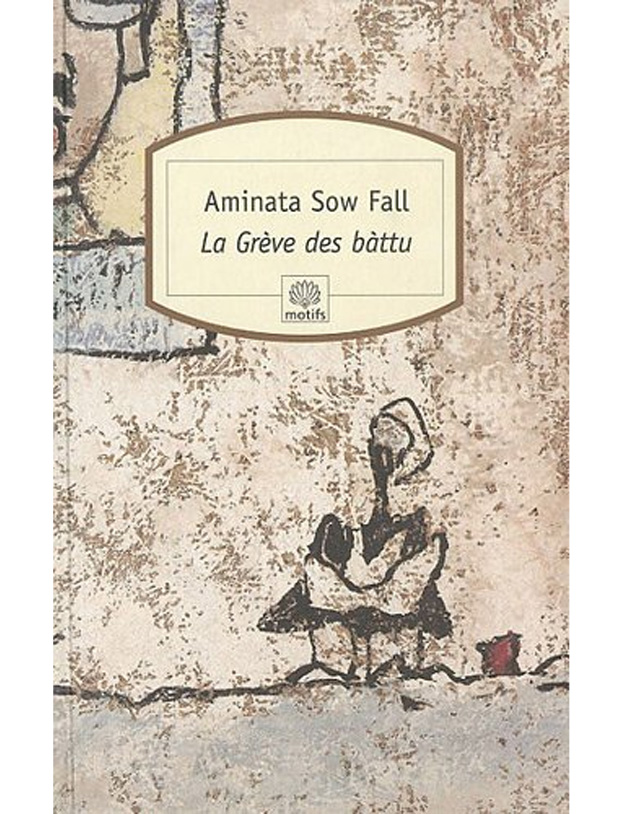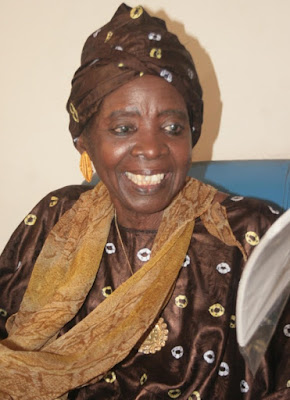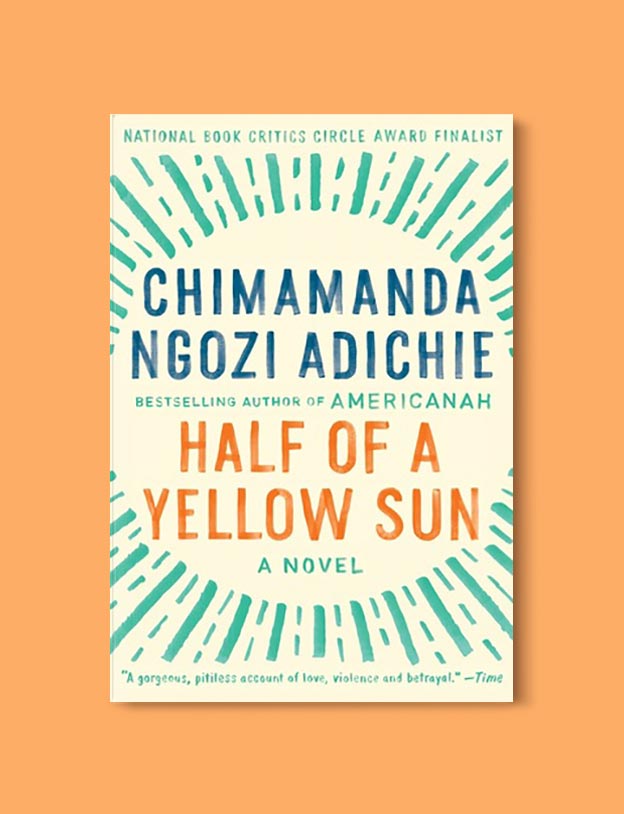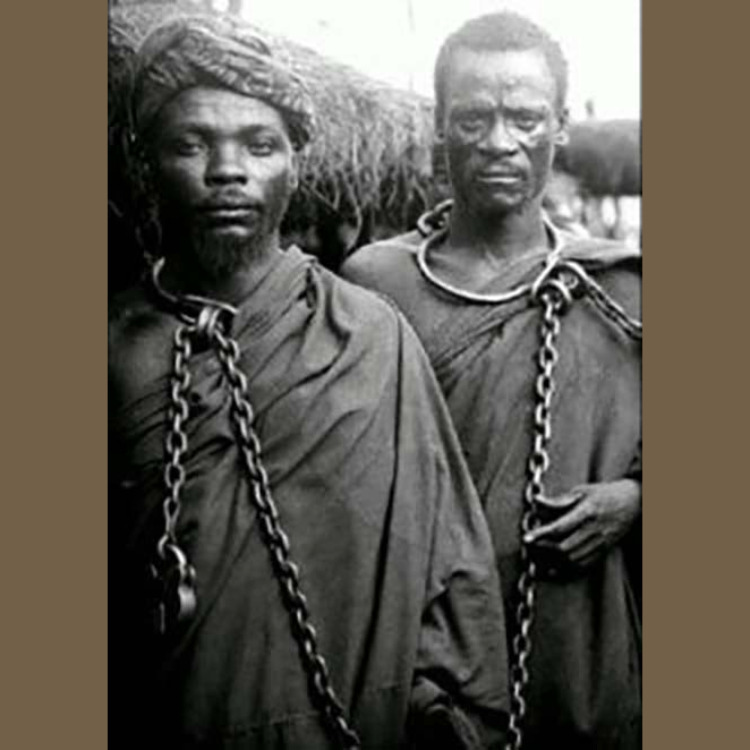La grève des battus – Aminata Sow Fall
Plot Summary
This novel’s title in English means The Strike of the Beaten. It might sound strange at first, but the story is both sharp and eye-opening.
The book takes us to Senegal and shows us the hidden lives of beggars in society. These are people that most of us walk past without even noticing, but Aminata Sow Fall flips the table and makes them the center of the story. The government one day decides to “clean up” the city by getting rid of beggars. They think begging makes the country look bad, especially in front of foreigners. So, they try to force beggars off the streets, promising to rehabilitate them.
But beggars are not just sitting there for fun. Their presence actually feeds an entire system. They are part of the cultural and religious practice of almsgiving, where people give charity as a way of fulfilling spiritual duties. Politicians, businessmen, even ordinary citizens often count on them to give meaning to their own generosity. Once the beggars are gone, society suddenly feels an emptiness. People cannot perform their acts of kindness, and politicians lose the crowd that made them look good.
In response, the beggars decide to go on strike. They refuse to accept any gifts, coins, or food. Imagine a city where people want to give charity but the poor refuse, it throws the whole society into crisis. That is the powerful irony Aminata Sow Fall builds on: the so-called “lowest” members of society hold an invisible power that no one ever recognized until they withdrew it.
The book makes asks us to think about poverty, dignity, and the hypocrisy of people who only “need” the poor when it suits their image.
About the Author
Aminata Sow Fall was born in 1941 in Saint-Louis, Senegal. She is one of the first African women to gain international recognition as a novelist. She studied in France, where she learned literature and began to shape her voice as a writer, but her main focus has always been African life, culture, and society.
She is considered the first published female novelist from French-speaking sub-Saharan Africa. Her works often shine a light on social issues like poverty, corruption, women’s rights, and the role of tradition. But what makes her unique is the way she writes with satire. Instead of preaching or being too heavy, she uses irony, humor, and storytelling to reveal uncomfortable truths.
La grève des battus (1979) is her most famous novel, and it made her a key figure in African literature. Beyond writing, she has been active in promoting culture and literacy in Senegal. She helped set up institutions to support writers and young people who want to tell their stories.
Sow Fall opened the door for other African women writers to be taken seriously on the world stage.
Buy the Book
- Amazon
- option 2
latest video

nia via inbox
Stay connected. Subscribe and get updated on what's new with Nia!








